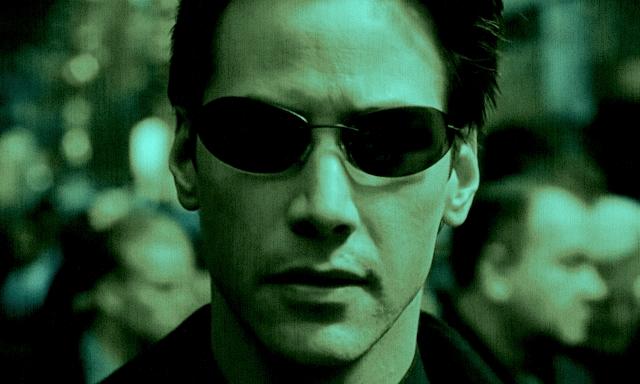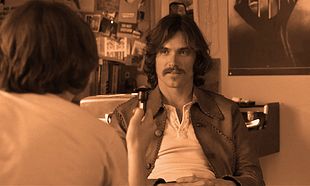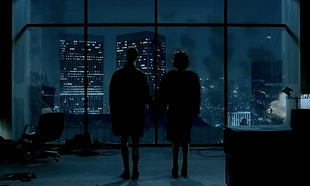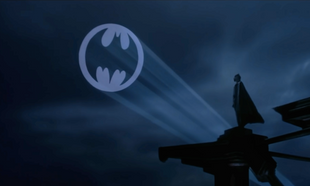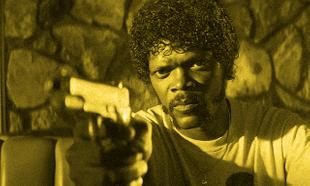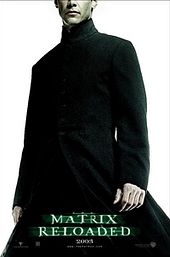With 'The Matrix' approaching its 20th anniversary this week, it's easy to examine it from the lens of history and call it a product of its time.
The cyberpunk trenchcoats and the blocky mobiles are hopelessly dated, but there's also the prevailing sense of millennium doom throughout 'The Matrix' that's arguably even more dated than any of the fashion or technology. When 'The Matrix' came out in 1999, there was the fear of the Y2K Bug downing airliners and firing off nuclear warheads automatically. Technology, such as it was back then, was improving at an incredible pace.
'The Matrix' tapped into this fear, but also the hope that it could change the world into something more open and unbounded. The idea of information being used to control the world's population, that people could "wake up" to a new world that was free from the confines of those in control - in 1999, it was fresh and original. In 2019, it sounds like a slogan for InfoWars. 'The Matrix', like it or not, has to own some of its legacy in helping to spread conspiracy theories and the likes of Alex Jones into the mainstream.
Again, there's an element to the ending that's become sinister in the intervening two decades. We're now living in age of disinformation and fake news, where a breakdown in trust in institutions and the media fuels alternate realities where everyone in power is considered a target and fuelling an agenda. Disrupting the status quo is nothing new, and 'The Matrix' certainly wasn't the first movie to end on a call to arms.
Yet, when if you dip your toe into the world of alt-right conspiracy theories like QAnon, Pizzagate, or white supremacy groups, the same kind of language that 'The Matrix' used is there. They talk about "waking people up" to their perceived notions of reality, that the world is being controlled by faceless agents of the system and that it's up to them to do something about it. In 1999, this was the purest expression of cyberpunk values. In 2019, it reads like a rant from the same kind of people who claim Donald Trump is here to uncover massive conspiracies in the American political system.
Beyond that, what's fascinating about the ending of 'The Matrix' is that while it may be clearly setting itself up for a sequel(s), it now feels totally unnecessary. You can happily watch the movie and not see either 'The Matrix Reloaded' or 'The Matrix Revolutions'. Nothing really is served by them, as the ending for 'The Matrix' leaves it to the audience to see what the world for what it is. When Rage Against The Machine's 'Wake Up' kicks off with the hanging of the receiver, the onus is on us - the audience - to do just that.
Whether we did or not is debatable.
